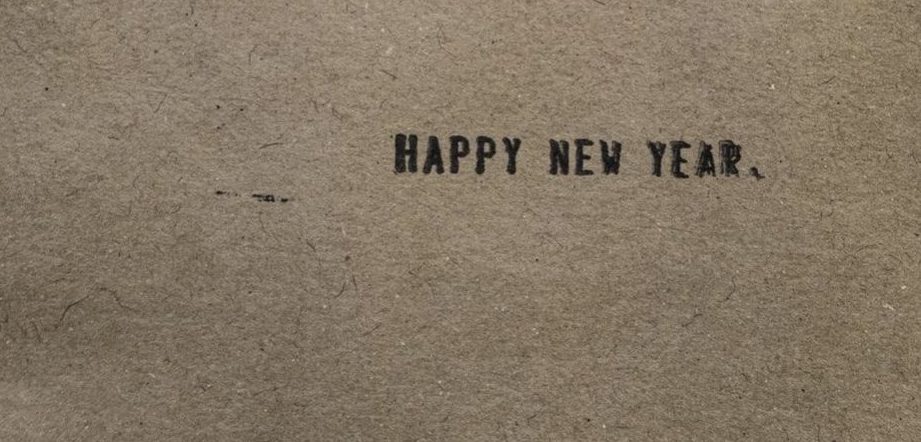Predictions for the next decade in books
Throughout English lessons at school, we are always urged to consider the context in which a book has been written and discuss how texts are associated with historical and cultural events of that time. Novels and poems from the past are transformed into time capsules and offer us a glimpse into a different time. It is interesting to consider what the books written in the next decade will offer an audience in years to come.
The dystopia genre has been one of the most popular on bookshelves in the past decade. A great majority of our societies are propelling authoritarian figures to the top of the food chain, and you can find literary precedence for all of these figures and their machinations. In such bleak times, is it worth churning out more dystopian stories? The answer is yes and no. No – because in such bleak times, is it really worth churning out more dystopian novels? But on the other hand, yes because the dystopia genre can be used to provide an insight into how the worst tendencies of human beings and our culture could manifest in the future and have great consequences.
It can be controversial to address the topic of religion given the possibility of being accused of indoctrinating such an impressionable audience as YA readers
In the New York Times, writer Donna Freitas has commented on one topic that has remained off-limits in young adult literature as of yet: religion. The topic of religion and spirituality is yet to find its way to the Young Adult (YA) bookshelves. The hesitation from the YA book industry is understandable, Freitas believes. It can be controversial to address the topic of religion given the possibility of being accused of indoctrinating such an impressionable audience as YA readers. That being said, many young people who are not religious still consider themselves spiritual to some degree. It will be interesting to see if the next decade in books offers anything on the topic of religion and spirituality.
Freitas’ own relationship with her faith further illustrates that faith and spirituality are relevant to older generations as well. “I was the kid — and still am the adult — who wanted to know why we are here, if there is a God, what it means to live a good life”. Due to the (justifiable) fear of being considered as indoctrinating an impressionable audience (also a necessary critique), the Y.A. publishing world has hesitated from bringing forth stories with clear moral perspectives. However, it’s a missed opportunity. Not only do young people yearn to see themselves in literature, but also hear their perspectives.
For Generation Z (18-25 year olds) climate change is the greatest worry among many
Young people yearn to see themselves represented in literature to see their perspectives being represented. Recently, there has been a slew of climate youth activists that have dominated news headlines – even going as far as inspiring the Extinction Rebellion movement. The generational gap in environmental politics Is vast. For Generation Z (18-25 year olds) climate change is the greatest worry among many.
It is likely that we will see more narratives on climate justice in the YA genre – whether that be stories of individual heroism (such as Harry Potter, Katniss Everdeen, and Percy Jackson) that inspire the younger generation, or books to urge people to join the fight against climate change.
My predictions for the next decade of literature are that we will see the topic of faith and spirituality being introduced to mainstream bookshelves, there will be more books on the topic of climate justice, and that the dystopia genre will remain popular into the next decade.

Comments